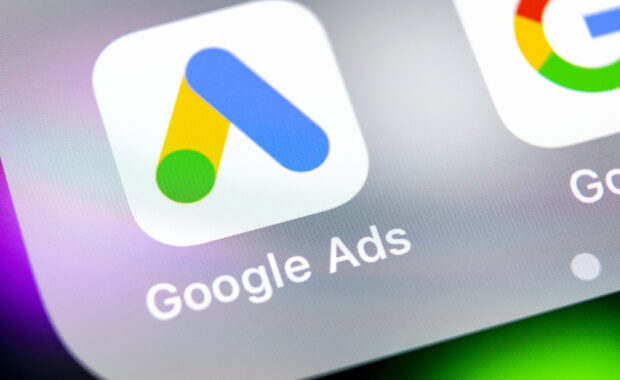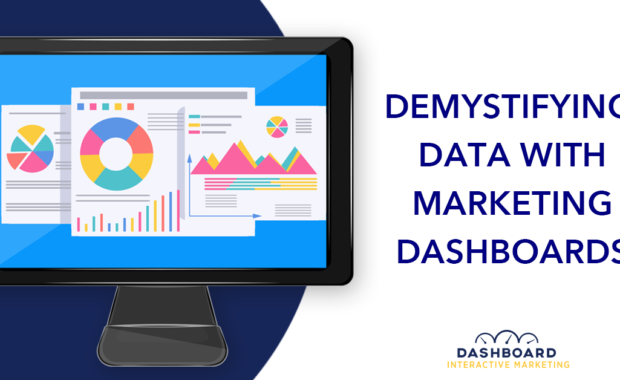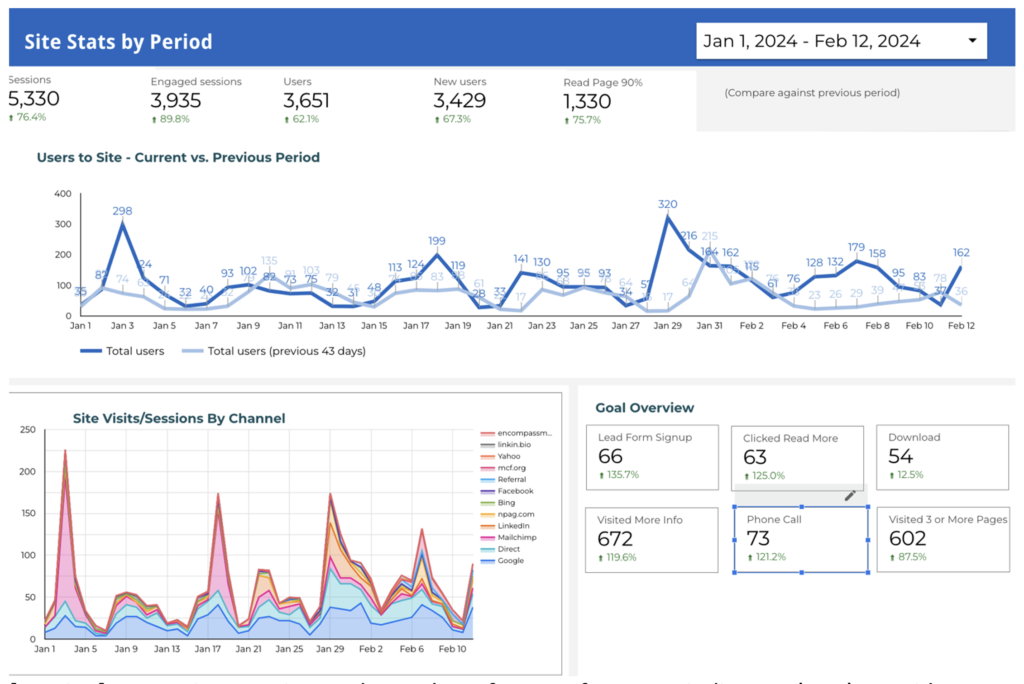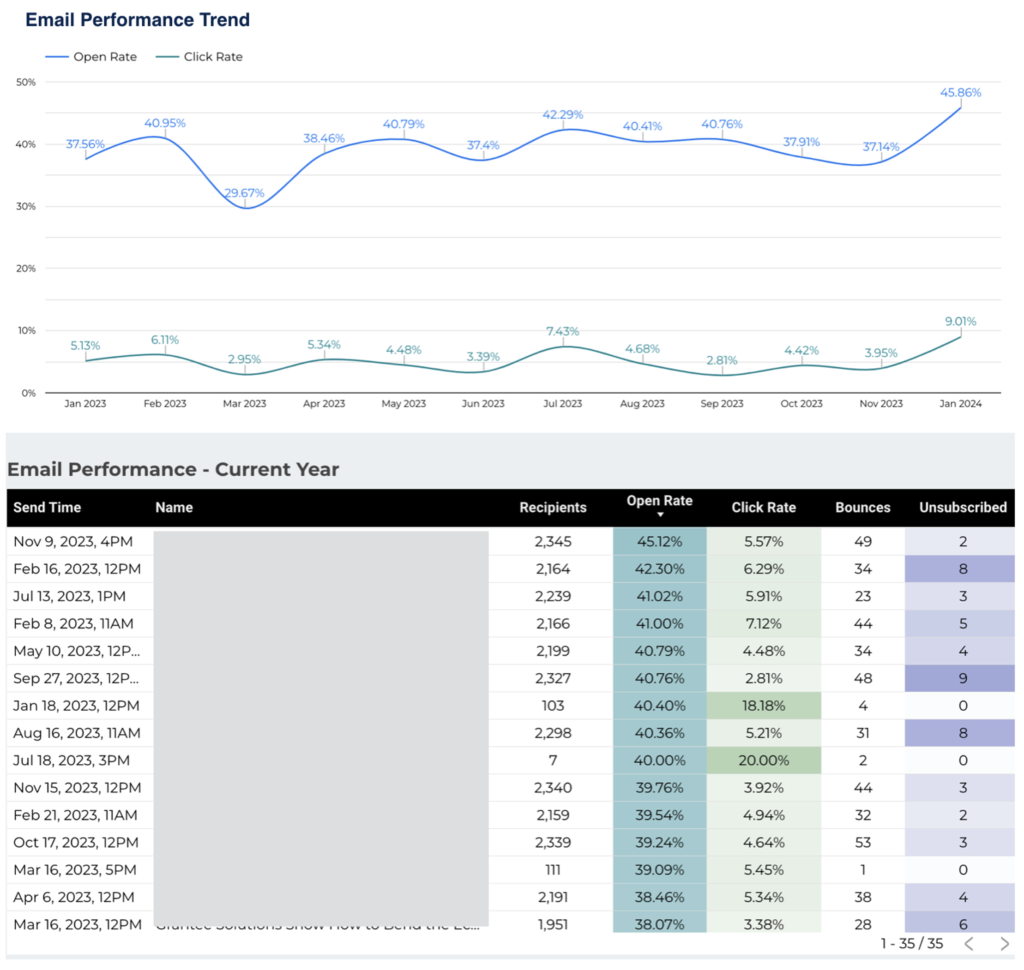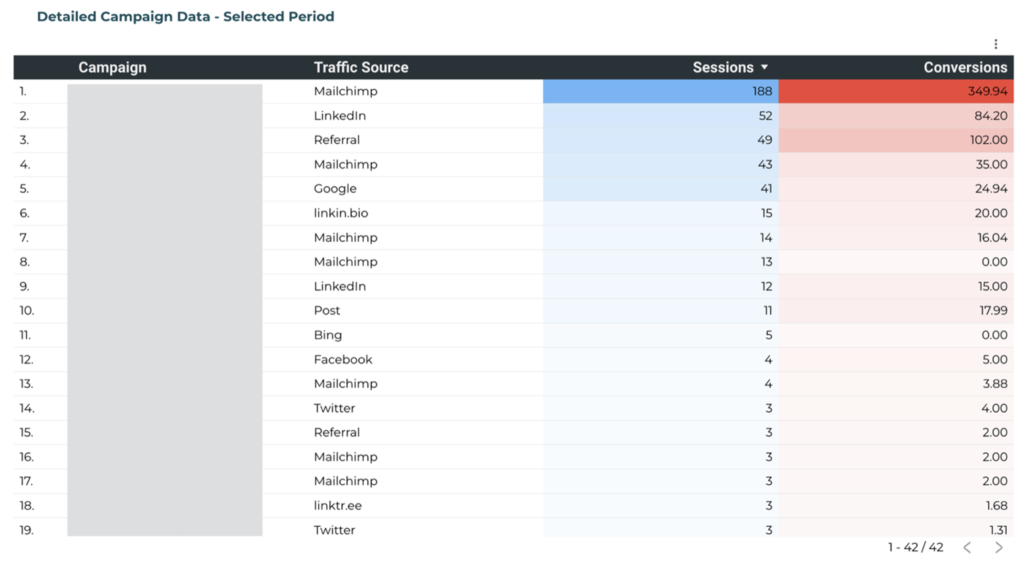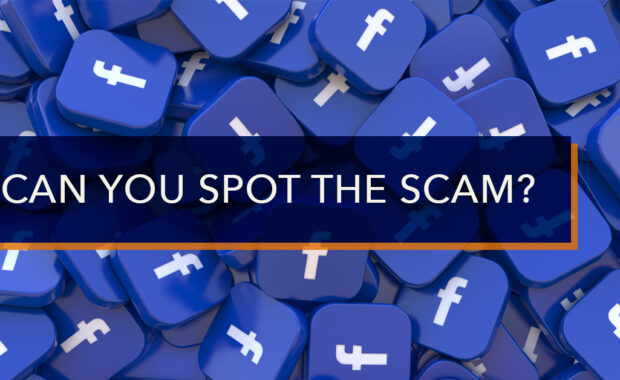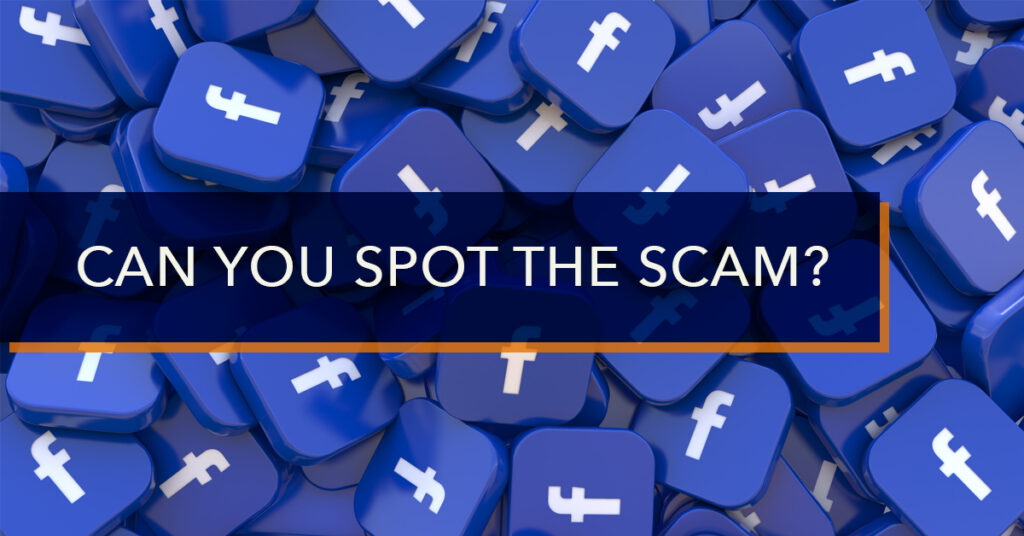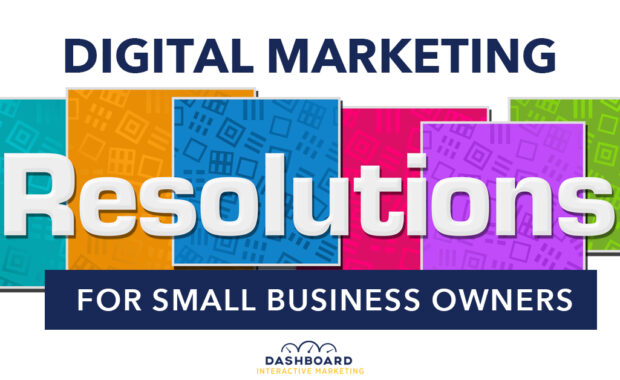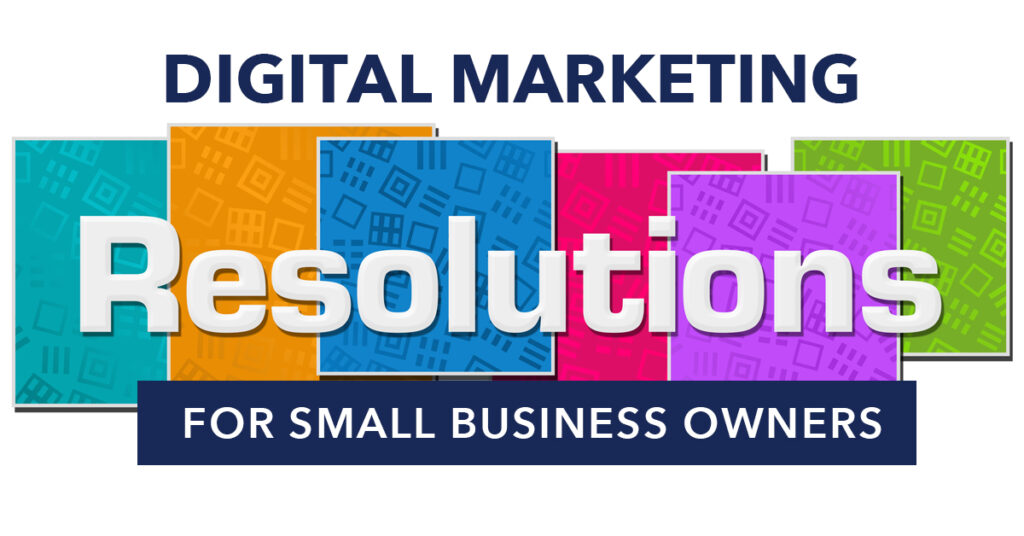
Perhaps your business has made it past the five year mark and is now happily generating revenue. Customers are pleased with your products or services. Growth is steady and strong, but you’d like to grow it even more. You’re doing all you know how to do to promote your business. Is it time to hire a marketing agency?
Dashboard Interactive Marketing works with small and medium-sized businesses that are serious about growth. Our typical customers are companies that have grown beyond the startup stage and now need to generate new and recurring revenues. We put together comprehensive digital marketing strategies and plans to achieve positive ROI — leads and sales — and use measurable, repeatable tactics.
But if your company is on the cusp of growing, moving from a handful of employees to dozens, and you’re wondering what it is like to work with a marketing agency, we understand. Marketing may not come naturally to you. It may be like a foreign language. SEO? B2B? B2C? Alphabet soup, right?
We’ve put together the following frequency asked questions that business owners often have when working with a digital marketing agency. We trust that they will be helpful to you. If you have additional questions, feel free to call us. We are happy to help.
Marketing Agency FAQs: What Business Owners Often Ask About Working with Agencies
Question: What is the difference between hiring a marketing agency and a marketing consultant or freelancer?
Answer: A marketing agency provides a team to work on your business’ marketing. This team includes a project manager or liaison who will be your point of contact with the company and numerous specialists to provide comprehensive support. Consultants usually help with only one aspect of marketing, such as creating the strategy or plan for your business. Freelancers often provide a single service, such as copywriting (a marketing writer who writes the text of ads, web pages, and other marketing materials), graphic design, search engine optimization, WordPress development, etc. Hiring freelancers can be tricky since you will act as the project manager and guide them to complete a marketing project. An agency takes the entire burden off of you, which is an advantage for a business owner with limited time.
Question: How do I know it’s time to hire an agency? Why can’t my nephew, cousin, or spouse handle our ads?
Answer: You’re welcome to work with your nephew, cousin, or spouse on your marketing. But you won’t get the same results as you could achieve when working with an agency. Unless your relative is already working in the digital marketing field, they may not be conversant in the latest techniques to obtain leads and sales. They may make mistakes that a seasoned marketer knows to avoid, resulting in missed opportunities and lost revenue. Working with an agency ensures faster time to ROI because the agency knows the right steps to take to achieve your goals.
Question: Why does the agency want to have a strategy session first? Why do they ask so many questions about my business?
Answer: Many marketing agencies work with a wide range of customers in a variety of industries (although some do specialize in specific types of marketing or industries, such as an SEO agency for medical offices, or a marketing agency that focuses only on e-commerce businesses). For agencies to help you obtain your lead and sales goals, they must know the background and history of your business, your target audience, your products and services, and the marketing steps you have taken to date to achieve your goal. They will also ask questions about your competitors. This information helps the team create the strategy to achieve your goals and select the right tactics, or marketing channels and methods, to reach the most potential customers.
Question: Do marketing agencies charge a retainer, like a lawyer? Or do you pay for the service, like a doctor’s office?
Answer: Each agency sets its own fee schedule, and there’s no industry standard. Most agencies will charge a ‘flat fee’ or a stated cost to write a marketing strategy and plan. Then there may be a monthly cost to run the marketing campaigns for you. Additional costs can include the fees charged by third party advertisers, such as the cost of running Google or Bing search ad campaigns, social media advertising campaigns, print campaigns, direct mail costs, or similar costs for the actual marketing tactic used to generate leads.
Question: How long will it take for me to see results from working with an agency?
Answer: That depends on the marketing activities that the agency has recommended for your business. Some tactics take more time to achieve measurable results than others. You should ask your agency for an estimate of when they expect to see a return. Dashboard Interactive is keenly focused on metrics, and we will provide you with detailed reports once your campaigns are active so that you can see precisely what has been done to achieve your goals, progress to date, and associated costs.
Dashboard Interactive Marketing
Dashboard Interactive Marketing has almost 20 years of digital marketing experience working with business owners just like you to achieve outstanding results. We provide website services, search engine optimization, local search marketing, digital advertising and marketing, social media management, content marketing, and much more to small and mid-sized businesses. We welcome your call and are happy to discuss your marketing needs. Call us at 763-242-2454.




